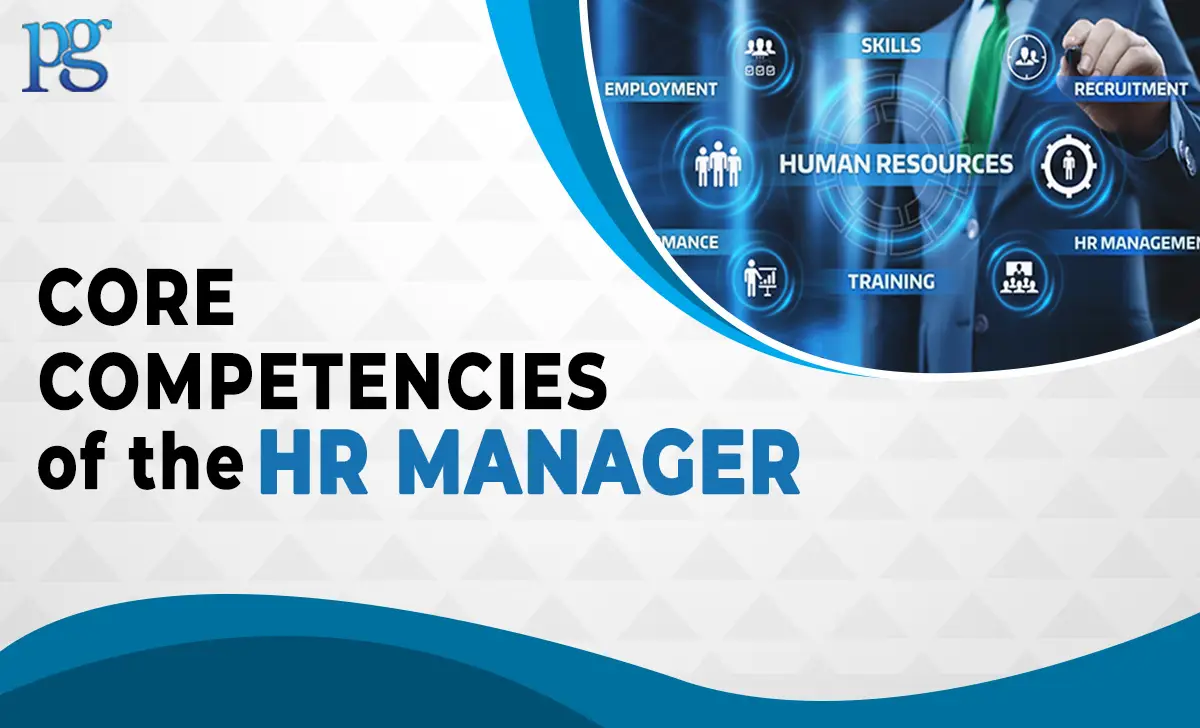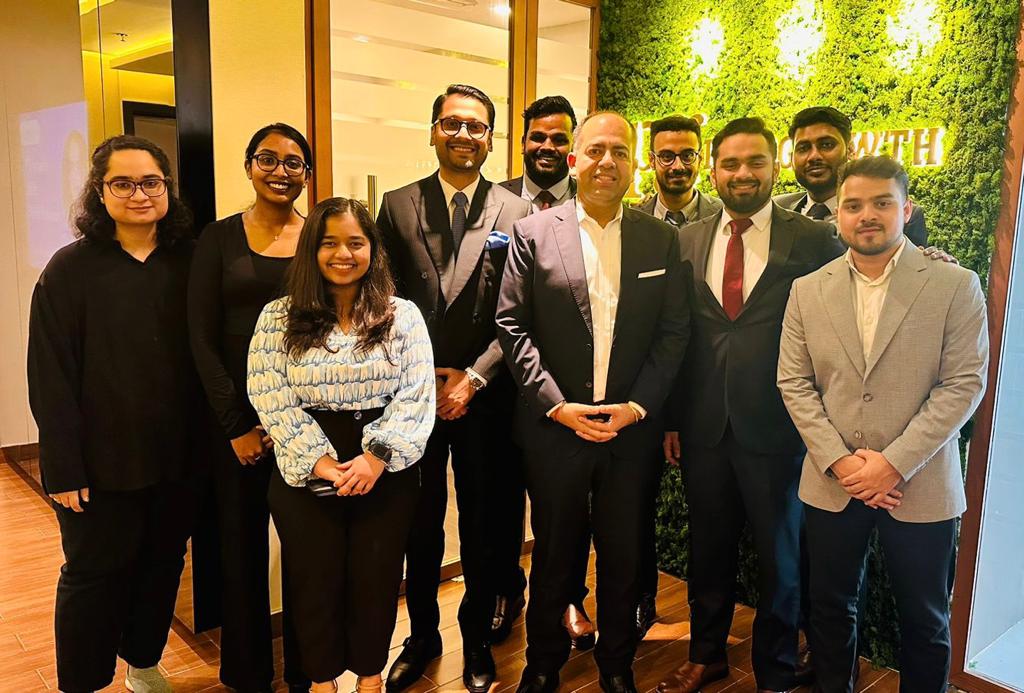 executive search firms in Dubai Functions of HR HR Management human resources recruitment agency recruitment firms in Dubai Strategic Human Resources Management
executive search firms in Dubai Functions of HR HR Management human resources recruitment agency recruitment firms in Dubai Strategic Human Resources Management
#1. What is a Core Competency?
Core competencies of the HR manager- These are behavioral traits tell that how a person will succeed in specific types of business scenarios. The combination of observable and measurable knowledge, chops, capacities, and particular attributes contributes to enhanced hand performance and eventually affects organizational success. Therefore, to understand capabilities, it’s essential to define the colorful factors of capabilities.
1. Knowledge is the cognizance of data, trueness, and principles gained from formal training and experience. Therefore, operation and sharing of one’s knowledge base are critical to individual and organizational success.
2. A skill is a developed proficiency or dexterity in internal operations or physical processes that are frequently acquired through technical training; the prosecution of these chops results in successful performance.
3. Capability is the power or aptitude to perform physical or internal conditioning that is frequently combined with a particular profession or trade similar to computer programming, plumbing, math, and so forth. Although associations may be complete at measuring results, chops, and knowledge regarding one’s performance, they’re frequently lazy in feting workers’ capacities or aptitudes, especially those outside of the traditional job design.
4. Individual attributes are parcels, rates, or characteristics of individualities that reflect one’s particular unique makeup. Individual attributes are viewed as genetically developed or acquired from one’s accumulated life gests. Although specific features are the most private of the factors, a growing, significant body of exploration links particular personality traits to successful individual and organizational performance.
5. Collectively feting and awarding any of these sources of moxie provides a strong base for individual performance engagement. Still, their combination results in the unleashing of coffers that are each too constantly untapped.
#2. Types of Core Competencies
1. Although there are multitudinous and unique Core Capabilities for each of our jobs, the County has linked the following general Core Capabilities which are designedly broad to address utmost, if not all, positions
2. Client- Concentrated Proactively seeks and finds ways to give the loftiest forms of service.
3.Technically Knowledgeable Possesses knowledge, chops, and capacities necessary to negotiate a specific task, job, or function.
4.Problem- Solver, and Decision-Maker Demonstrate a broad force of ways to think about, understand, and creatively handle complex ideas, problems, and situations.
5.Diary and Organizer Proactively develops and ensures the smooth perpetration of short and long-range pretensions and objects.
6. Interpersonally Effective Creates and sustains positive working connections.
7.Effective Communicator Demonstrates open, honest, and regardful written and verbal communication.
8. Platoon- builder unites a group of people and motivates them toward a defined charge, thing, and ideal.
9.Generator/ Change Agent Is visionary and tone- starting by seizing openings and forming action to achieve pretensions.
10. Inventor Generates and recognizes creative results in varying work situations.
11. Flexible/ Adaptable Maintains effectiveness in varying work surroundings where circumstances and precedence are changing.
12. Accountable Takes responsibility and power for a problem, design, or issue.
13. Skill and Career Development Coach Assesses and develops both the strengths and requirements of the individual and the platoon, including developing and preparing staff for creation.
14. Politically Astute Considers probable support or opposition to ideas or conduct grounded on political interest and constraints.
15. Flexible Maintains high performance and countenance under pressure, opposition or review.
16. Results- Acquainted Productively focuses time and coffers on conditioning to produce quality results.
17. Ethical Maintains and promotes individual and association integrity and values in the conduct of all conditioning.
#3. Factors that Affect Core Competencies
Communication
An HR director must be suitable to communicate with everyone in the plant– from line staff to administrative leadership. In addition, communication chops are essential for HR directors to interact effectively with outsourcing providers, union leaders, public officers and workers, prospective workers, and associates. They need to know when to acclimatize their communication chops to the followership and the situation. For illustration, HR directors must be suitable to convey the significance of fair employment practices to the company’s administrative platoon with the same fictitiousness and passion as they would to hourly workers.
Analytical and Critical Allowing
Analytical and critical thinking chops are a must-have for HR leaders. An HR director has to exercise sound judgment and engage in high-impact decision-making in several areas. The capability to dissect situations and view the counteraccusations of certain opinions from a critical perspective is beneficial for HR leaders. For illustration, the decision of whether to outsource one or several HR functions is not a commodity that happens without considering the impact outsourcing has on individual workers and the association overall. HR directors also represent the company in matters involving employment action, which requires that they be suitable to justify the company’s conduct related to employment opinions similar to hiring and firing.
Relationship- Structure
A faculty that HR directors must have is creating a cohesive HR department that works collaboratively to achieve the department’s pretensions and help the association reach its pretensions related to pool development. Relationship- structure and interpersonal relationship chops are abecedarian to an HR director’s success. One of the challenges HR faces is establishing credibility with workers– numerous workers equate their HR departments with the academy star’s office, which suggests a position of intimidation and alarm associated with their view of HR’s purpose. That being said, an HR director must have the capability to establish credibility and trust and balance the obligation to be an advocate for both the association and its workers.
Leadership
Leadership chops are an essential faculty for HR directors. HR directors are responsible for creating strategic plans for the HR department as well as the overall pool. Thus, leadership chops are critical, particularly in justifying the functional rudiments of a strategic plan to the company’s operation platoon. In addition, HR directors have to direct the conditioning of the HR department, and in doing so, they need the type of leadership chops that impact HR generalists’ and HR specialists’ commitment to the HR department pretensions.
Conclusion
Capabilities don’t establish birth performance situations; instead, they’re used to raise the bar on hand performance. They give workers road charts to increase their capabilities incrementally. Capabilities concentrate on an association’s culture and values. Accordingly, NU has named a unique set or combination of capabilities that support and grease its charge. Capabilities reflect the association’s strategy; that is, they’re aligned to short-and long- term operations and pretensions.
Capabilities concentrate on how results are achieved rather than simply the result. In this manner, they bridge the gap between performance operation and hand development and are an integral element of particular development plans—capabilities close skill gaps within the association. Faculty data can be used for hand development, compensation, creation, training, and new hire selection opinions.






